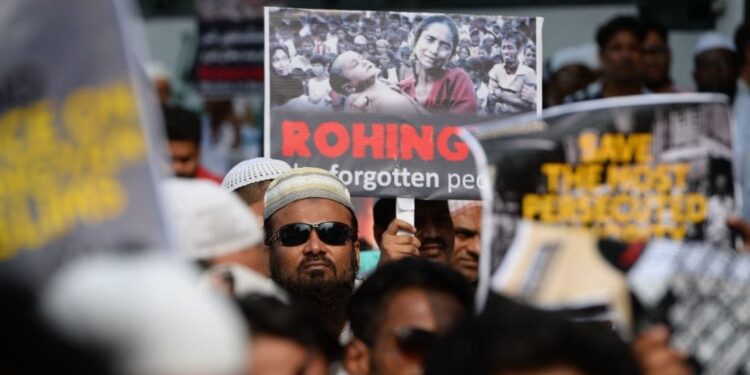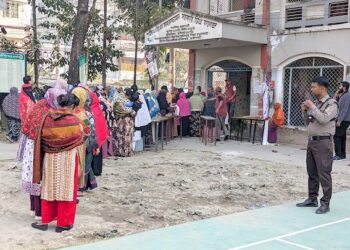Amnesty International has called on the Indian government to immediately stop the deportation of Rohingya refugees, warning that the practice violates international law and places already vulnerable people at grave risk.
In a statement marking World Refugee Day, Amnesty said India must uphold the principle of non-refoulement, which prohibits returning individuals to a country where they face persecution, torture, or other serious human rights abuses.
“Rohingya refugees in India are living in constant fear of being arrested and forcibly returned to Myanmar or pushed across borders into Bangladesh, where they continue to face insecurity and deprivation,” Amnesty International India posted on social media.
“History will remember how the government chose to treat the persecuted when they knocked on our door for safety.”
Aakar Patel, chair of the board of Amnesty International India
India is not a party to the 1951 Refugee Convention, but Amnesty emphasised that the country is still bound by its international human rights commitments, including the International Covenant on Civil and Political Rights, to which it is a signatory.
The Indian government does not officially recognise the Rohingya as refugees, classifying them as illegal immigrants under domestic law. This has left thousands of Rohingya people, who fled ethnic violence and persecution in Myanmar, in a legal limbo with no formal protection.
Amnesty cited reports of recent deportations of Rohingya from detention centres in Jammu and Kashmir and other regions, warning that such actions could expose returnees to life-threatening conditions in Myanmar, where the military junta remains in power following the 2021 coup.
The rights organisation has urged Indian authorities to:
- Immediately halt all deportations of Rohingya refugees
- Grant them formal refugee status and protection
- Ensure their human rights are respected
- Provide access to basic services such as healthcare and education
“India cannot turn its back on the Rohingya, who have already suffered unimaginable persecution. Pushing them back into danger is a clear violation of international law,” Amnesty said.
The United Nations and human rights groups have consistently described the treatment of the Rohingya in Myanmar as ethnic cleansing and, in some cases, possible genocide.
According to estimates, around 40,000 Rohingya live in India, many in makeshift settlements with limited access to services and ongoing fears of detention and deportation.











